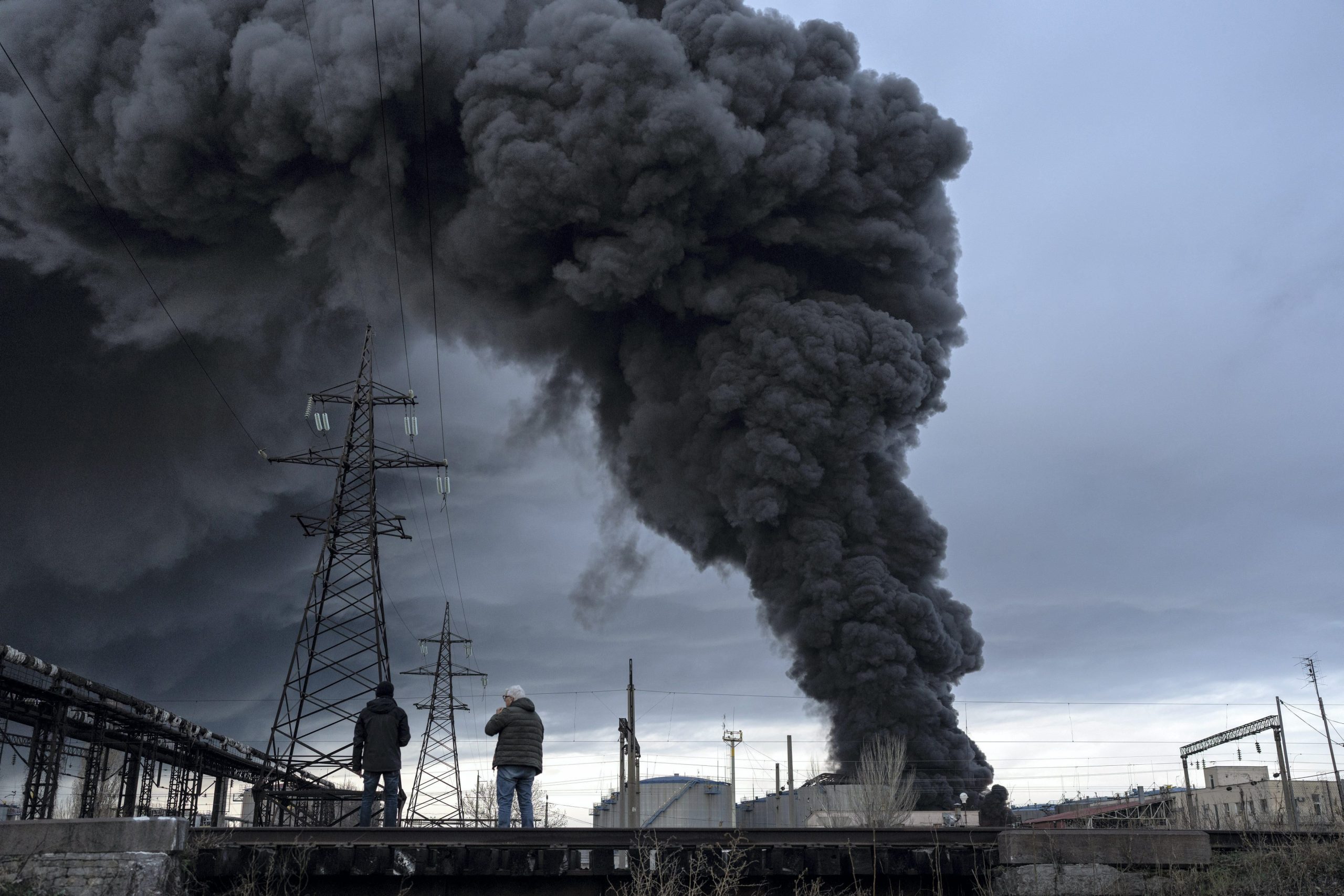World Bank, the premier
international financial institution that provides loans to developing and
underdeveloped nations, has said that Russia’s invasion of Ukraine may slow down
the growth prospects of east Asian and Pacific economies. These regions,
already affected by the coronavirus pandemic and rising fuel costs, may see the
Ukraine war further damage their economies. The World Bank’s projection, if
true, will negatively affect millions of people.
East Asia, that
covers China to Papua New Guinea, faces numerous risks to its economy. But the
Ukraine war and its financial impact is the now the regions biggest trouble,
according to the World Bank. The World Bank report covers 23 developing nations
in east Asia and the Pacific regions but not those of developed economies such
as China, Australia, New Zealand, Singapore or Japan.
China, however, is
indeed facing challenges to its economy. The world’s second-largest economy
accounts for 86% of its regional output and is forecast to expand 5% in 2020.
This is a 0.4% drop from expectations in March. But if the World Bank’s
downside marker is to be accounted for, China may even see near 4% growth.
China’s ruling
communist party set itself a target growth of 5.5% in last month’s annual
political gatherings. But with the Omicron variant of COVID-19 caused China’s
biggest city Shangai to close down. In “Braving the Storms,” the World Bank’s
latest report on the region, the Bank said fiscally-prudent companies may be
better equipped to weather external shocks.
Aaditya Mattoo,
chief economist of the east Asia and Pacific region in the World Bank, said, “The
question is what the governments can do. These shocks are on top of existing
challenges for the region’s economies, and the scope of both fiscal and
monetary policies are shrinking, too.”
According to
Mattoo, the volatilities will have an impact on millions of households in the
region. Nearly eight million people in the region fell back into poverty during
the COVID-19 pandemic and Mattoo thinks the current crisis may exacerbate matters.
“Indebted
governments, who have seen their debt as a share of GDP increase by 10
percentage points since 2019, will struggle to provide economic support. Increased
inflation, at least one percentage point above previous expectations due to the
oil price shock alone, will shrink room for monetary easing,” the World Bank
report said.







